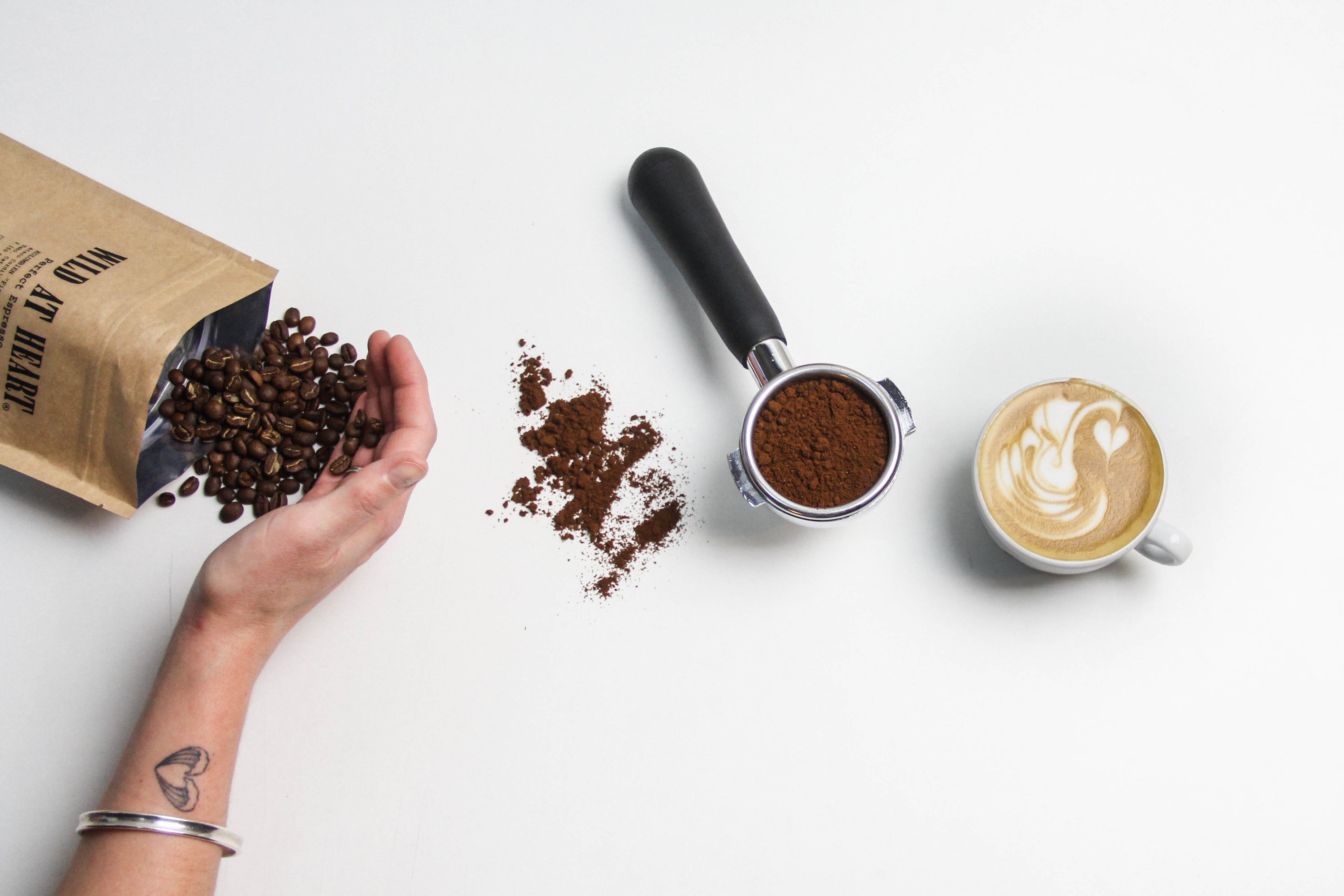The right grind for coffee preparation
The correctly selected grind is a decisive criterion for the taste of your coffee.

The wrong grind setting affects the taste of the coffee.
If your coffee tastes too sour or too bitter, this can be attributed to the incorrect grind setting. The various coffee preparation methods differ greatly in the contact time of the water with the coffee powder. In the case of an espresso, the ground coffee only comes into contact with water for about 25 to 30 seconds, whereas in the case of a filter coffee, the coffee powder is flushed with water for several minutes. The aim is always to optimally extract the aromatic substances of the coffee bean with water and thus produce a coffee drink with a balanced taste. If your coffee tastes too sour, this is a sign of under-extraction and that too few aromas have been extracted from the coffee powder. If your coffee tastes too bitter, it's a sign of over-extraction. Too many bitter substances and tannic acid have been extracted from the coffee powder.

Degree of grind depending on the preparation method
But what does the grind of the coffee powder have to do with it? Quite simply, the finer the coffee beans are ground, the larger the surface area and the more ingredients and aromas can be dissolved by the water. A fine grind is therefore ideal for espresso preparation, because it results in only a short water contact time of the coffee powder and the ingredients are optimally extracted. On the other hand, coarsely ground coffee powder requires a longer water contact time to extract the ingredients and aromas. Optimal, therefore, for filter coffee preparation or for the French Press, where the coffee powder comes into contact with water for several minutes. The perfect extraction time of an espresso can be as short as 27 to 36 seconds, while for French Press preparation it is as short as 4 minutes.
A small overview of the coffee grind for the most common preparation methods can be found here:

1. Filling quantity of the mill
The amount of beans in the grinder can also influence the grind. The fewer beans there are, the less pressure is exerted during grinding, the slower the beans pass through the grinder and the coarser they have to be ground.
2. Age of the beans
The age of the beans can also influence the degree of grinding, the older the beans used, the less aroma they contain, therefore the coffee must be ground finer with increasing age.
3. Grinding accuracy of the grinder
We generally recommend grinding the coffee beans fresh at home before brewing, as ground coffee quickly loses its aroma. A good grinder is a prerequisite for this. It is not only important that the beans are not heated too much during the grinding process and thus lose their aroma, but also that the grinder grinds the coffee beans evenly so that the extraction can take place perfectly. Of course, the different types of coffee and individual preferences also play a major role in the right grind. We recommend that you note the grind level you set at the beginning and if you are not satisfied, adjust the levels in small steps. After a short time, you will achieve your perfect coffee - we promise!




